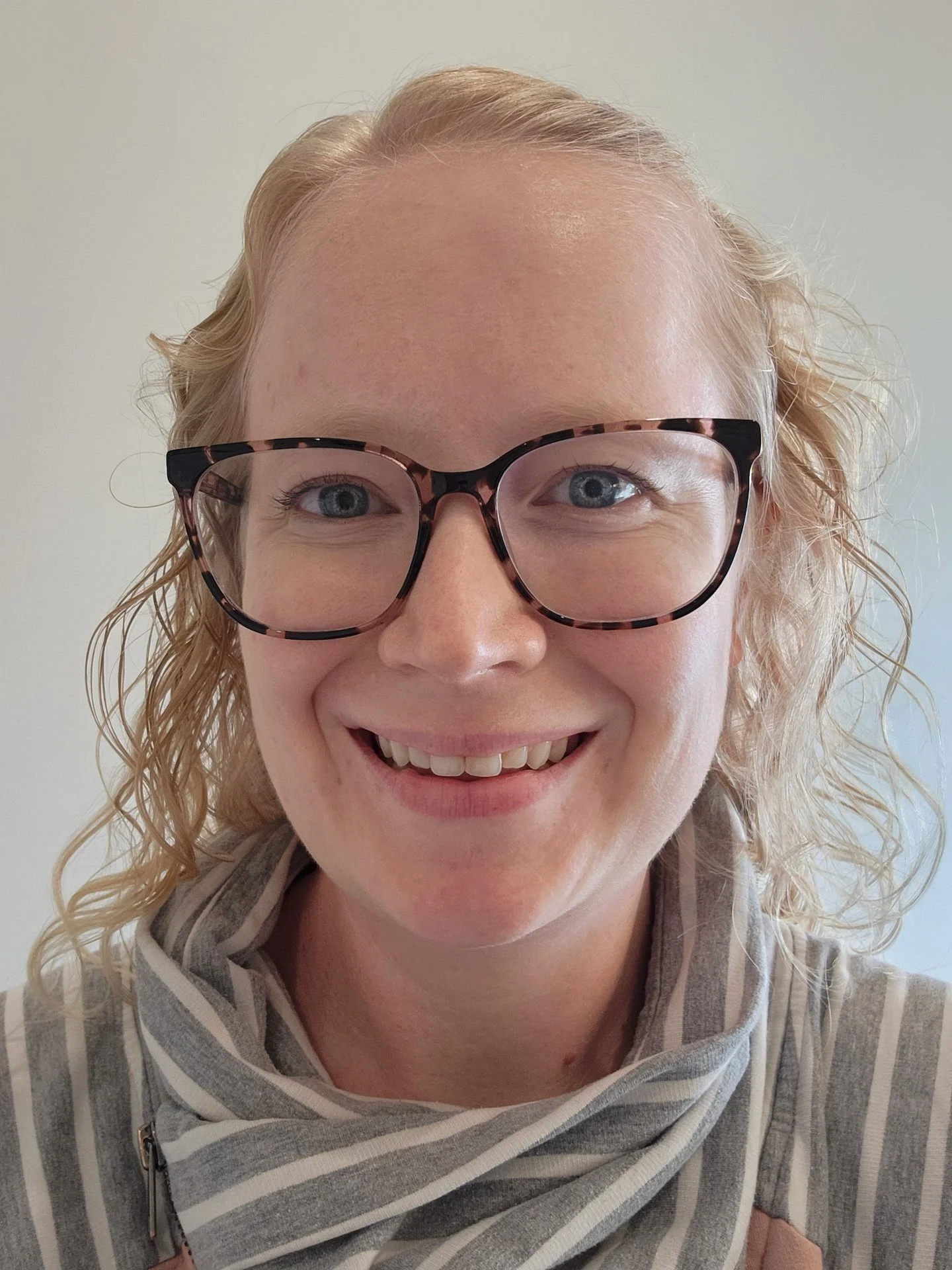Specialized ADHD Therapy for Kids and Teens
How do we treat ADHD?
Assessment
Every client who starts therapy will complete an intake assessment. If you would like to have a more thorough ADHD evaluation completed, you have that option
Identify goals for therapy
You and your child will identify goals for therapy by explaining how you want things to look by the time your child is done with therapy
Educate clients and parents/caregivers
I teach kids and their parents about ADHD, how it impacts the brain and their child, and what they can do day-to-day to work with their brain
Parent coaching
I work with parents and caregivers to provide them with tools and strategies so that they know how to support, empathize, and advocate for their child at home and other areas of their life
Individual therapy for kids and teens
We discuss how ADHD impacts them, ways they have been trying to manage their ADHD up until this point, identify areas where they could use more support and how to implement it
“Do you prescribe medication?”
My license does not allow me to prescribe medication. If you are interested in exploring medication as an option for treatment, I can offer a recommendation to a psychiatrist in the area or you can speak with your child’s pediatrician.
Hannah Neumeyer MA, LPCC-S, ADHD-CCSP, CCATP
Owner, Therapist
“As a therapist who specializes in ADHD and was diagnosed with ADHD as an adult, I can relate to the struggles my clients face. Wondering why tasks feel so easy for other people and it’s exhausting for you, feeling misunderstood at home or at school, trying to keep up when it seems like everyone else got a ““How-To” book about life that you never received.
I want my clients to know that they are seen and they are heard. You won’t hear me say “Just use a planner!“ as if it’s so simple. There isn’t a “fix“ when it comes to ADHD. It has to do with the way your brain operates. But I am here to help you and your child find what will work for them and the way their brain works.
Trying to battle your brain everyday in order to try and fit into a world that wasn’t built for you is exhausting. With empathy and by putting the right supports in place, we can find ways for life to feel more fulfilling and less exhausting. It may not be a “fix“ but by learning ways to work with your brain now instead of waiting until adulthood, it can help you to advocate for your child when it comes to the school environment, increase their self-esteem, managing the important responsibilities, have more healthy and positive friendships, improve or lower the risk of developing depression and anxiety, and finding more enjoyment in the day-to-day.”



